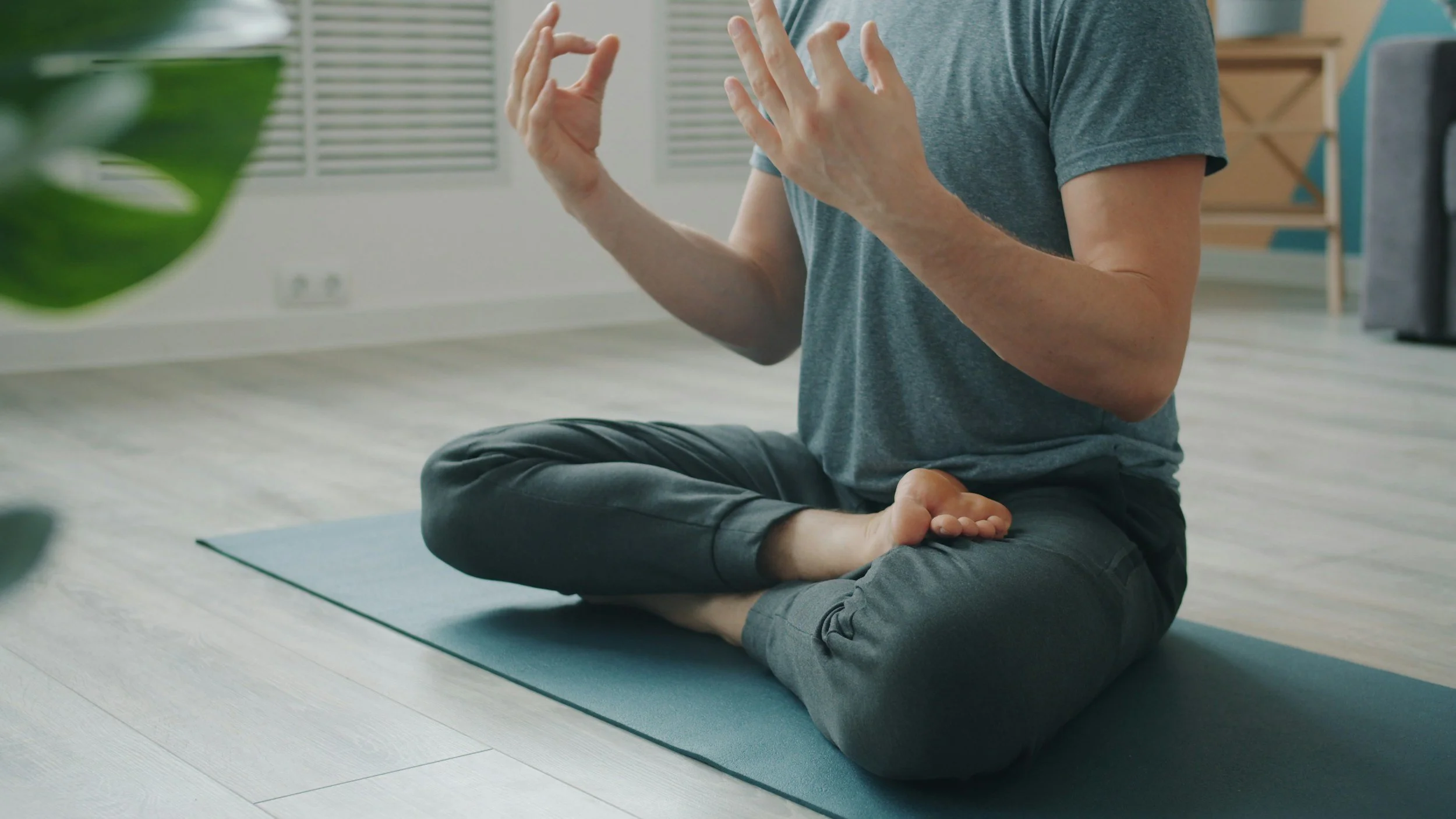Yoga
“Yoga teaches us to cure what need not be endured and endure what cannot be cured.”
Benefits of Yoga:
Physical
Improves balance & coordination, lowering fall risk
Increases flexibility and reduces muscle stiffness
Strengthens muscles for daily activities
Enhances breathing capacity and oxygen flow to the brain
Cognitive
Stimulates brain plasticity through mindful movement
Improves focus, attention, and memory
Supports better sensory processing
Emotional
Reduces stress, anxiety, and depression
Helps manage chronic pain
Builds confidence and independence
Services Include Adaptive Yoga
Chair Yoga – For seated mobility or balance challenges
Restorative Yoga – Fully supported poses for deep relaxation
Breathwork & Meditation – Can be done anywhere, anytime
Partner Yoga – Caregiver and client work together to build trust and connection
